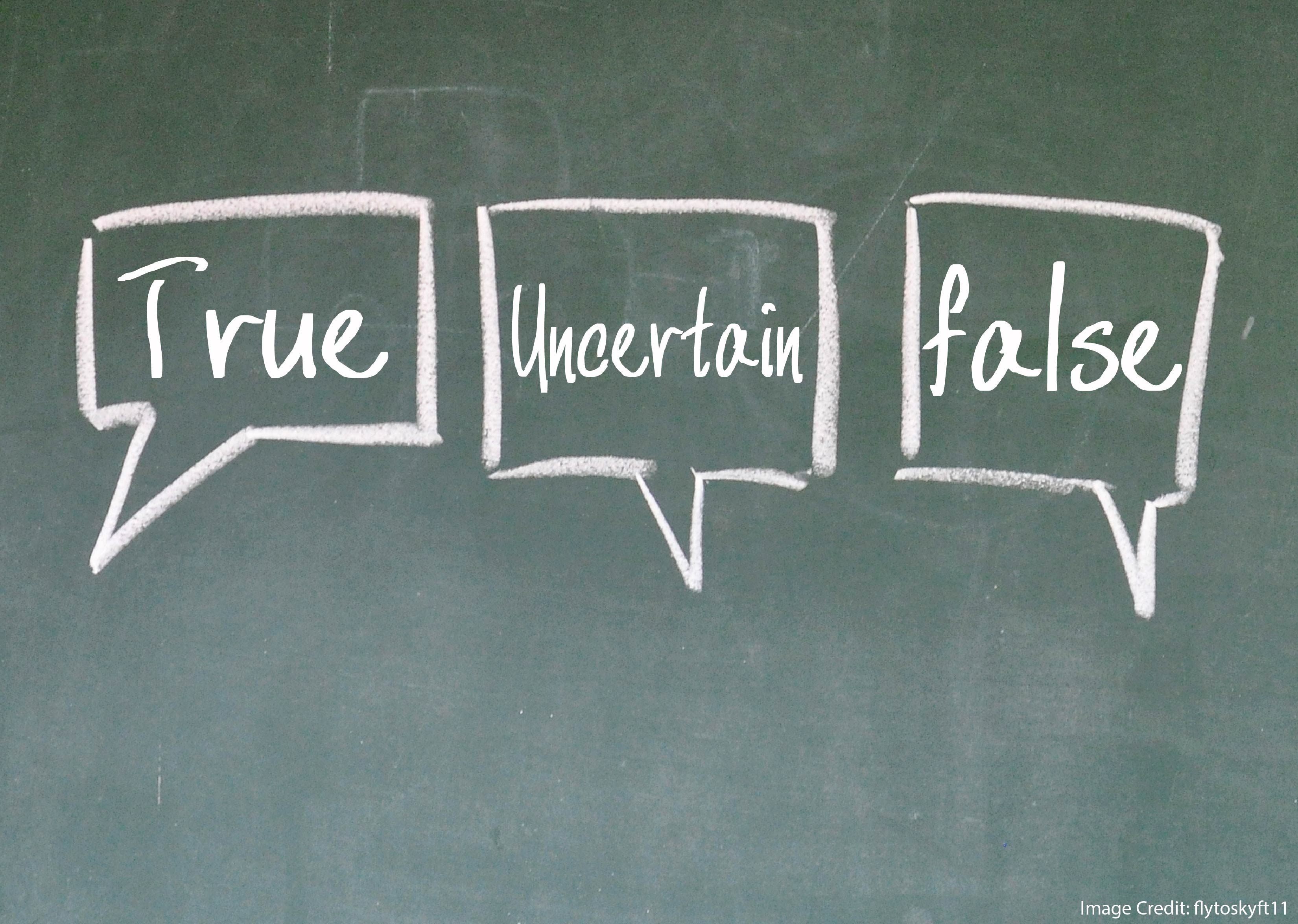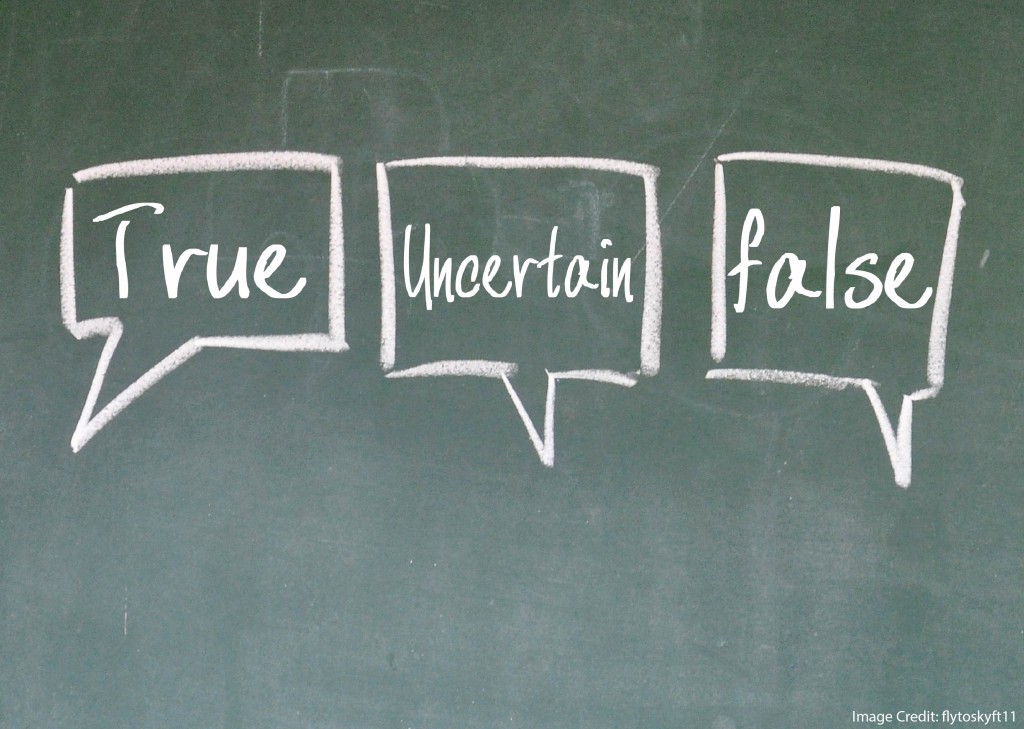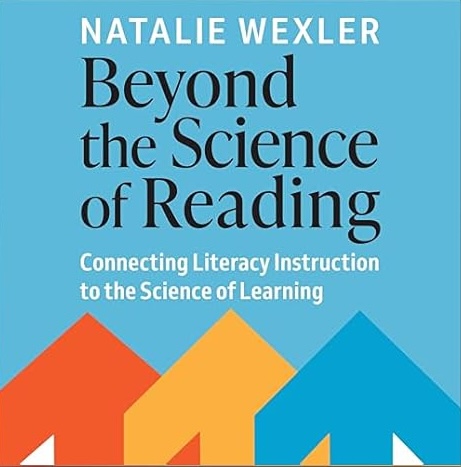

[Editor’s note: Scott’s post is in response to this earlier article.]
Most times when I get asked about the e-reader debate, it is usually not a sincere question from a person who does not already hold a strong opinion on the matter. In these moments I am reminded of the expression “when you find yourself in a hole, stop digging!”
No matter how many studies I mention or which side of the issue I am trying to argue on behalf of, as soon as I provide a brief pause, I am confronted with “yeah, but…” and then the person proceeds to tell me why his/her long-held belief is the final word on the subject.
As for where I come down on the issue, I tend to defer to people who are way smarter than me on the subject — such as Daniel Willingham.
As Willingham concludes in his review of some of the literature on the subject, If the choice is read on a device or read on paper, I believe that the paper is still slightly in the lead if you are looking at straight up comprehension. The problem I have is that this shift to digital is really only a lateral move or a substitution situation, and perhaps not a wise one if you want improved student comprehension!
As a teacher, I choose to incorporate technology in the design of my lessons if I believe it is going to result in noticeable and definable modification or redefinition of the learning tasks and outcomes (SAMR model). The question I ask is “what will the use of this technology allow me or my students to do that previously could not have been accomplished?” If the answer is a “not much” then I do not bother to use the technology. The technology itself should not be the focus of the lesson; student learning must be front and center.
So…”to e-reader or not to e-reader” is actually not the question that we should be asking; rather, we should be asking “does this technology add transformative value to the learning experience for my students?” If we want to go even further, we should ask “How might I measure this value and know that my students are benefiting?”





